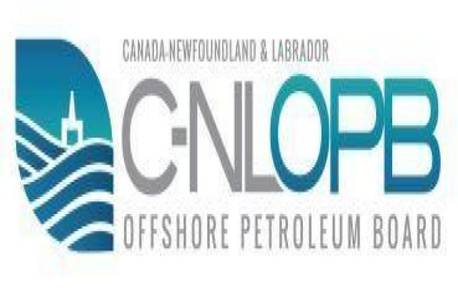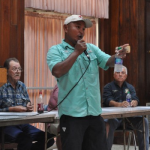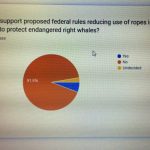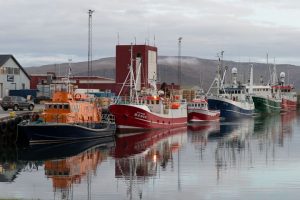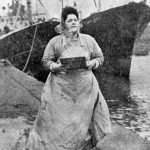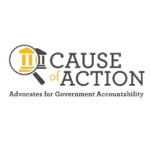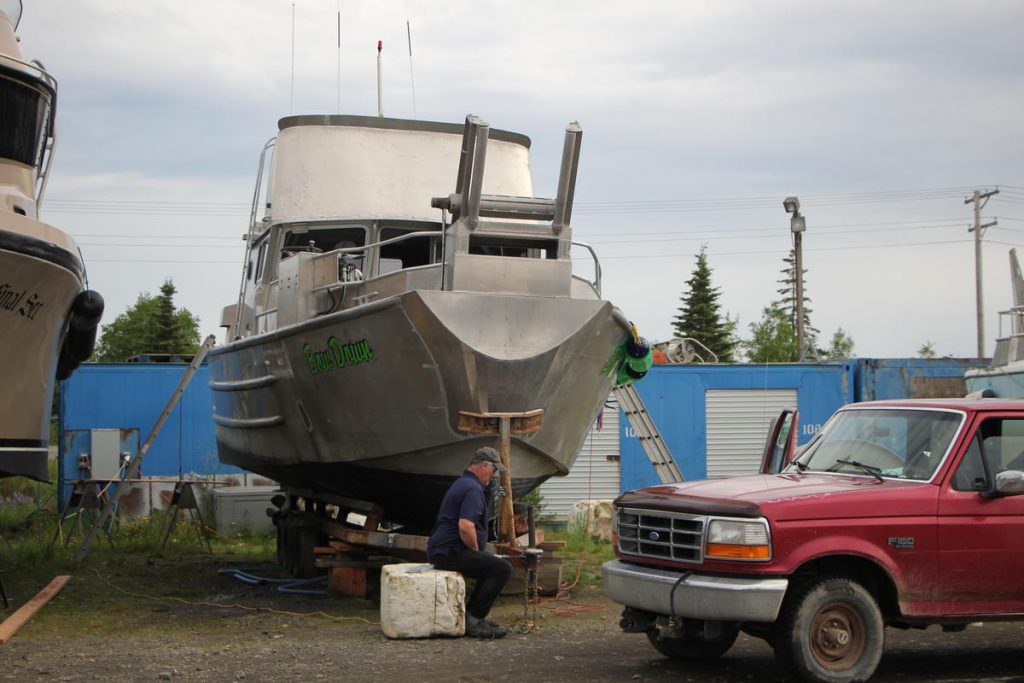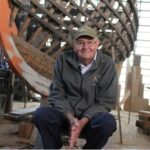FISH-NL: C-NLOPB ‘waking up’ to concerns over impact of offshore seismic activity
FOR IMMEDIATE RELEASE Friday, Feb. 22, 2019
The Federation of Independent Sea Harvesters of Newfoundland and Labrador (FISH-NL) is frustrated the Canada-Newfoundland and Labrador Offshore Petroleum Board isn’t prepared to suspend offshore seismic work, but encouraged the offshore oil and gas regulator is waking up to concerns.
“Ottawa takes a precautionary approach to fisheries management — which means being cautious when science is uncertain — but there’s nothing precautionary about allowing seismic to continue until the potential risks are understood. ,” says Ryan Cleary, President of FISH-NL. “The hypocrisy doesn’t escape inshore harvesters.”
In a Jan. 8th letter, FISH-NL implored the C-NLOPB to proceed with extreme caution and immediately suspend seismic work off Newfoundland and Labrador until the activity can be reevaluated.
FISH-NL pointed to recent research out of Tasmania that concluded the intense acoustic signals used in oil and gas exploration caused significant damage to zooplankton populations that are critical elements of the marine food chain — and seismic activity in waters around Newfoundland and Labrador has increased dramatically in recent years.
In a Feb. 13th response, Scott Tessier, Chair and CEO of the C-NLOPB, said the board is “fully aware” of the Tasmania research and has been in direct contact with the Australian offshore regulator — the National Offshore Petroleum Safety and Environmental Management Authority.
Tessier pointed out the C-NLOPB relies on DFO to provide advice on the conservation and protection of fisheries and marine ecosystems.
“DFO’s assessment is that it’s not possible to establish a correlation between recent changes in plankton abundance throughout Atlantic Canada and seismic surveys carried out in parts of the region,” Tessier wrote.
He added discussions are underway within the federal government “on reviewing and potentially updating” the Statement of Canadian Practice with respect to the Mitigation of Seismic Sound in the Marine Environment, which is incorporated in the C-NLOPB’s geophysical, environmental and geotechnical program guidelines.
FISH-NL also raised concerns about the “cozy” relationship between oil companies, the FFAW-Unifor, and the C-NLOPB.
The FFAW-Unifor has been receiving at least $50,000 a year from oil companies to fund its petroleum industry liaison position, along with another $25,000 a year from the C-NLOPB, which would appear to be a blatant conflict of interest.
Tessier said the C-NLOPB discontinued its $25,000 annual allocation in 2018 “in light of new approaches developed by governments to participant funding programs and evolving stakeholder engagement approaches by governments and the Board.”
“That seems to be a ’round about way of confirming the conflict existed and has been addressed,” said Cleary. “That just leaves the conflict between oil companies and the FFAW.”
-30-
Contact Ryan Cleary: 682 4862






